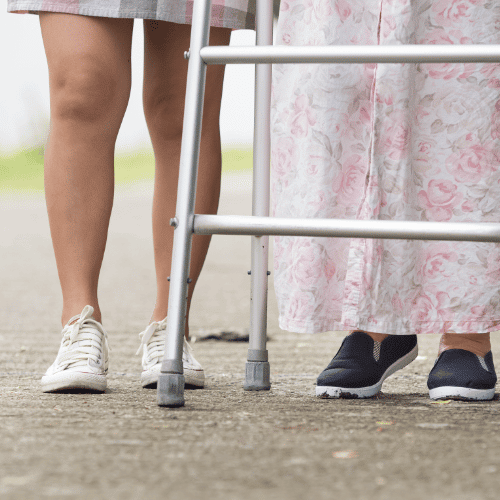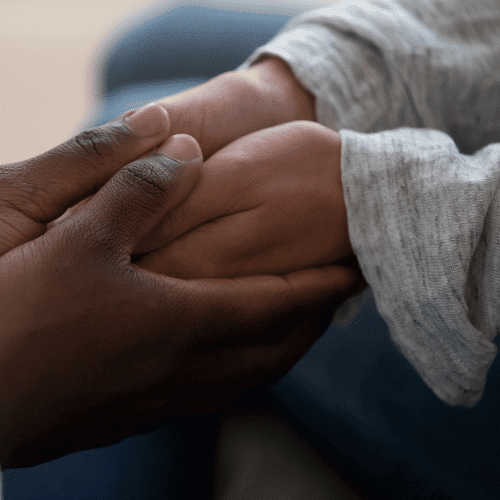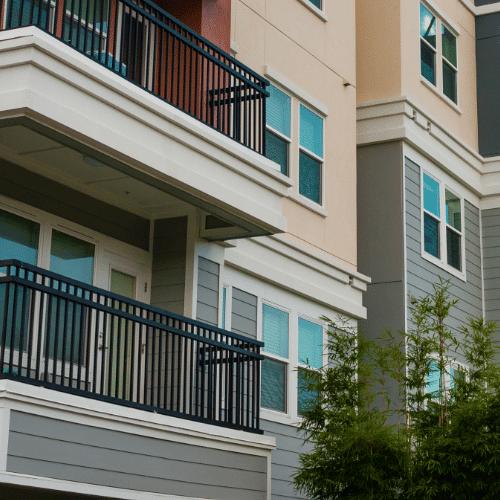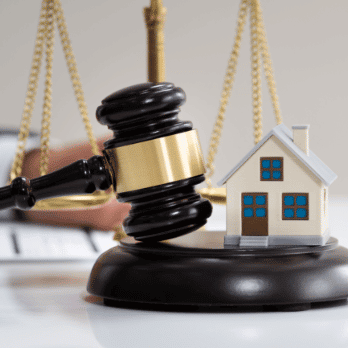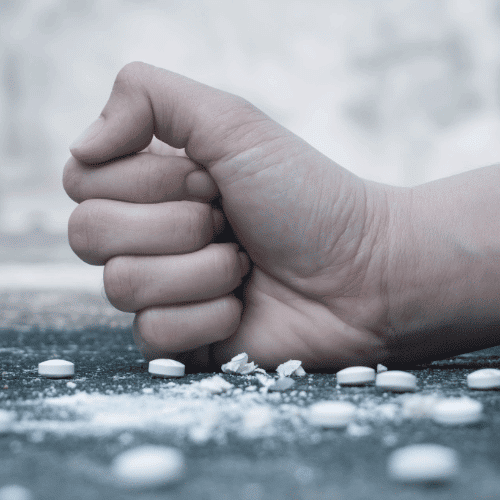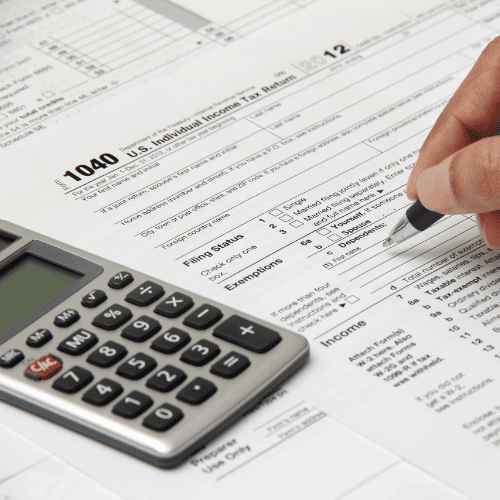Report Suspected Abuse
To report suspected abuse: Call 1-800-917-7383, 24 hours a day, from anywhere within the state of MD or click here to find the number to your local Department of Social Services, Adult Protective Services office.
Adult Protective Services (APS) is a program that serves adults 18 and over who are in a situation of vulnerability and either at risk of, or experiencing exploitation and harm. They investigate situations of suspected abuse and provide professional services designed to protect the well being of vulnerable adults. There are a variety of types of abuse and neglect that warrant a report being made to Adult Protective Services:
- Physical Abuse – inflicting physical pain or injury on a senior, e.g. slapping, bruising, or restraining by physical or chemical means.
- Sexual Abuse – non-consensual sexual contact of any kind.
- Neglect – the failure by those responsible to provide food, shelter, health care, or protection for a vulnerable elder.
- Exploitation – the illegal taking, misuse, or concealment of funds, property, or assets of a senior for someone else’s benefit.
- Emotional Abuse – inflicting mental pain, anguish, or distress on an elder person through verbal or nonverbal acts, e.g. humiliating, intimidating, or threatening.
- Abandonment – desertion of a vulnerable elder by anyone who has assumed the responsibility for care or custody of that person.
- Self-Neglect – characterized as the failure of a person to perform essential, self-care tasks and that such failure threatens his/her own health or safety.
(taken from the Administration on Aging- National Center on Elder Abuse’s website, for more information, click here)
Signs Of Abuse
Just as there are multiple types of abuse, there are a variety of signs of abuse. These include:
Physical Abuse
- cuts, bruises, welts or wounds
- burns
- seeming unkempt, dirty, smelly
- malnourished
- an untreated medical condition
- injuries that seem unusal
Behavioral
- anger
- depression
- confusion
- fear
- helplessness
- shame
Social
- isolation withdrawal from friends, family and activities
- substance abuse, acting out
- difficulty speaking freely
Financial
- unusual spending activities
- changing bank account
- unpaid bills
- signatures on checks and other documents do not match
While everyone can and is encouraged to make a report to APS regarding suspected abuse (does not need proof), there are several groups of people that are legally required to. These include: health professionals, human services workers and police and they are called mandated reporters.
A report can be made anonymously and anyone that makes a report in “good faith” is legally protected from civil liability and criminal penalties. However, if you have additional questions or do not feel comfortable doing so, please dial 211 for guidance and assistance.
When making a report, the APS worker will ask for a variety of information. This will likely include: name, age, address and location of the vulnerable adult, information on the person responsible for their care, a description of the “nature and extent” of the abuse, as well as other relevant information. Even if you do not have a lot of detailed information and are unclear about certain parts of the situation, it is best to call APS and provide them with the information you have so they can evaluate the report and decide how best to proceed.
There are situations in which a report is made to APS and because of not meeting their definition/standards of abuse, they do not investigate or intervene. If additional assistance and resources are still needed in these situations, it may be beneficial to contact some of the following types of agencies and services:
-
- Case Management – Some programs work with seniors and vulnerable adults to assess their needs; develop care plans; access services; coordinate the delivery of needed services; ensure that services are obtained and follow up and monitor progress.
- Senior Information and Assistance – Every county in Maryland and Baltimore City has a Senior Information and Assistance office, designed to serve seniors and provide information and referrals to community resources. Trained specialists will assess needs and direct callers appropriately. Click for a list of Senior Information and Assistance offices
- Maryland Access Point (MAP) – Many counties in Maryland and Baltimore City have a Maryland Access Point office. These offices are designed to serve as a single point of entry for numerous programs and resources designed to assist seniors and adults (18+) with a disability. Specialists will assess needs and make appropriate referrals. Click to find a MAP office in your area
- 211 – We are available 24 hours a day/7 days a week to link callers with a wide variety of health and human resources in their community. Trained specialists will do an assessment of needs and provide appropriate referrals. To reach us, simply dial 211.
